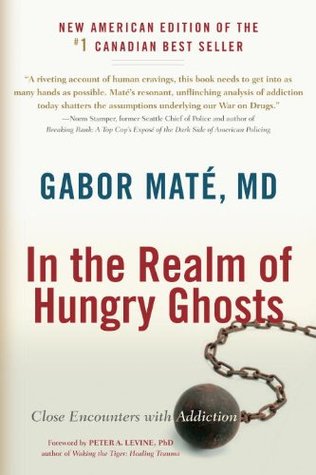In this chapter we have seen that the OFC, a central part of the brain system that regulates how we process our emotions and how we react to them, participates in substance dependence in a number of ways. First, it emotionally overvalues the drug, making it the chief concern of the addict—and often the only concern. It undervalues other objectives, such as food or health or relationships. By becoming triggered even at the thought of the drug (or activity) of choice, it contributes to craving. And finally, it fails at its task of impulse inhibition. It aids and abets the enemy.
Welcome back. Just a moment while we sign you in to your Goodreads account.


